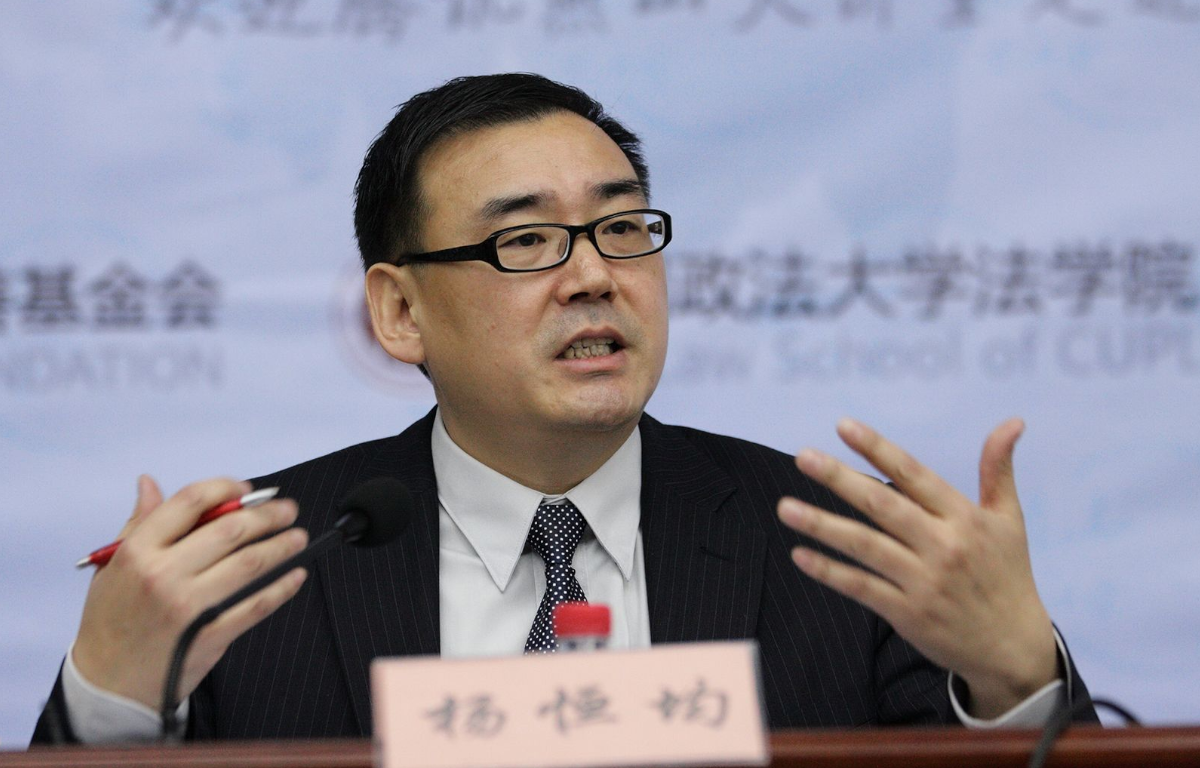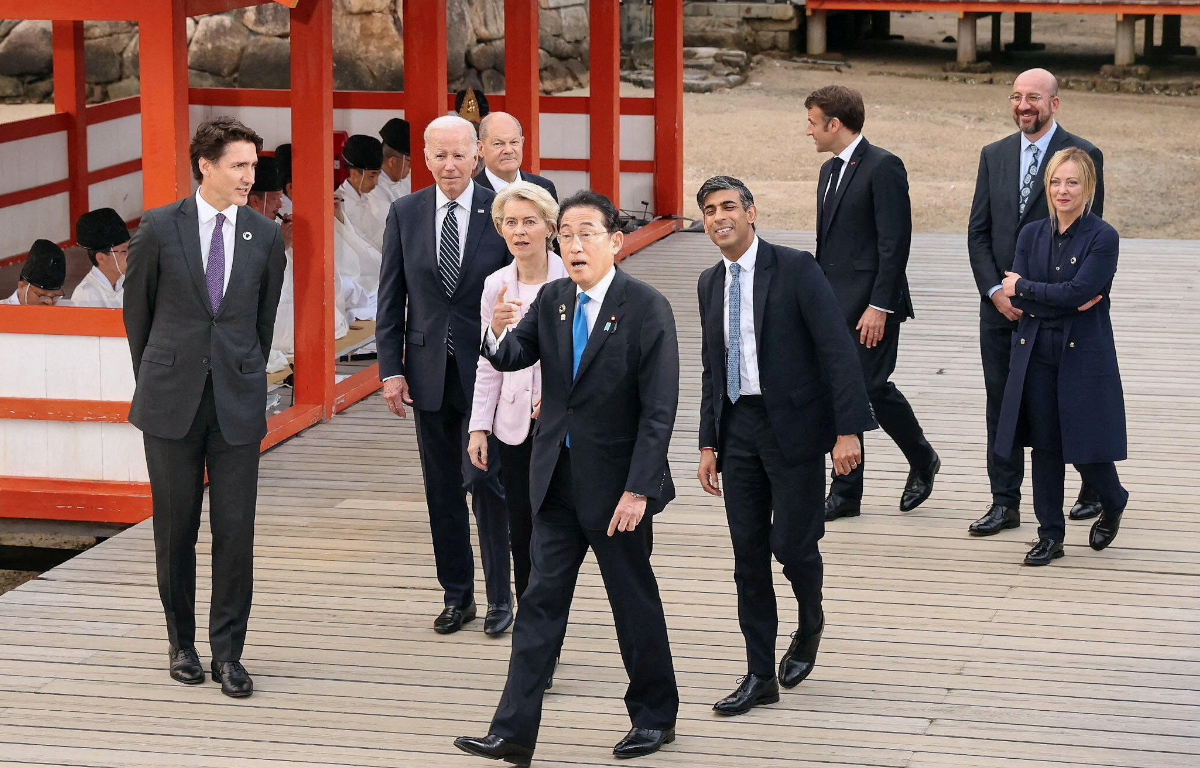
Book business associations from around the world have come together to denounce the legislation, arguing that it poses a significant threat to the autonomy and openness that have historically characterized Hong Kong’s literary and intellectual environment.
The national security law, imposed by Beijing, aims to prevent and punish acts of secession, subversion, terrorism, and collusion with foreign forces. However, critics argue that its broad and vaguely defined provisions could be used to suppress dissent and restrict free speech. This fear is particularly pronounced within the publishing industry, where the ability to freely disseminate information and diverse viewpoints is paramount.
Publishing associations from Europe, North America, and other regions have expressed deep concern over the implications of the law. The International Publishers Association (IPA) has been at the forefront of these objections, warning that the legislation could lead to self-censorship among authors and publishers who fear retribution for their work. This, they argue, would not only undermine the rich literary tradition of Hong Kong but also set a dangerous precedent for freedom of expression globally.
Kristenn Einarsson, Chair of the IPA’s Freedom to Publish Committee, stated, “The national security law threatens the very foundation of Hong Kong’s status as a hub for free and open exchange of ideas. We stand in solidarity with our colleagues in Hong Kong and urge the authorities to reconsider the implementation of this draconian law.”
The concerns are not limited to the local publishing industry. International book fairs, literary festivals, and cross-border collaborations, which have thrived due to Hong Kong’s relatively liberal environment, may also suffer. These events are critical for fostering cultural exchange and understanding, and any restrictions on the free flow of information could have far-reaching implications.
The new law has already had a chilling effect on some segments of the publishing community. Reports have emerged of books being withdrawn from sale, authors halting the publication of potentially sensitive works, and publishers reassessing their catalogs to avoid running afoul of the law. This environment of fear and uncertainty is antithetical to the spirit of open discourse that the publishing industry champions.
Booksellers, too, are feeling the impact. Many independent bookstores in Hong Kong, known for their eclectic and sometimes politically charged selections, now face the daunting task of navigating the legal landscape. The risk of prosecution under the national security law has led some to remove titles from their shelves and adopt a more cautious approach to their inventory.
The international outcry underscores a broader concern about the erosion of freedoms in Hong Kong. For decades, the city has been a beacon of free expression in Asia, attracting writers, journalists, and intellectuals. The national security law threatens to dismantle this legacy, transforming Hong Kong into an environment where fear and censorship overshadow creativity and open dialogue.
In response to these developments, book business associations abroad are calling for solidarity and action. They are urging their governments to address the issue in diplomatic discussions with China and to provide support to Hong Kong’s beleaguered publishing community. There are also calls for international platforms and forums to amplify the voices of those affected and to keep the spotlight on the critical issue of freedom of expression in Hong Kong.
As the situation continues to evolve, the global publishing community remains vigilant and committed to defending the principles of free expression and open access to information. The response to Hong Kong’s national security law serves as a reminder of the interconnectedness of the world’s literary and intellectual spheres and the collective responsibility to protect these freedoms wherever they are under threat.










Share this: